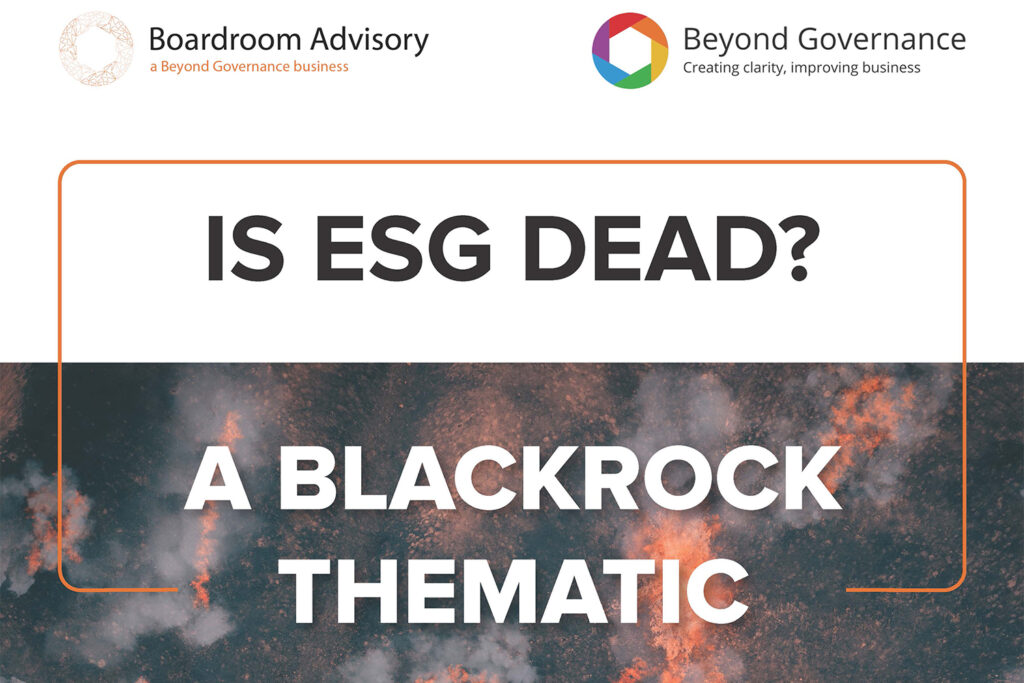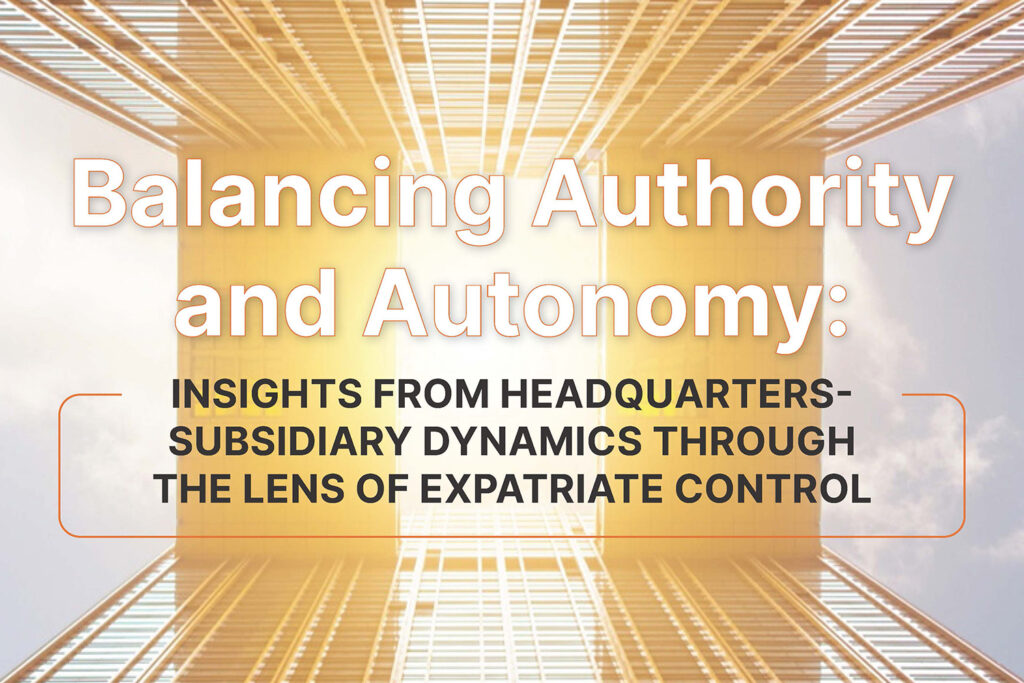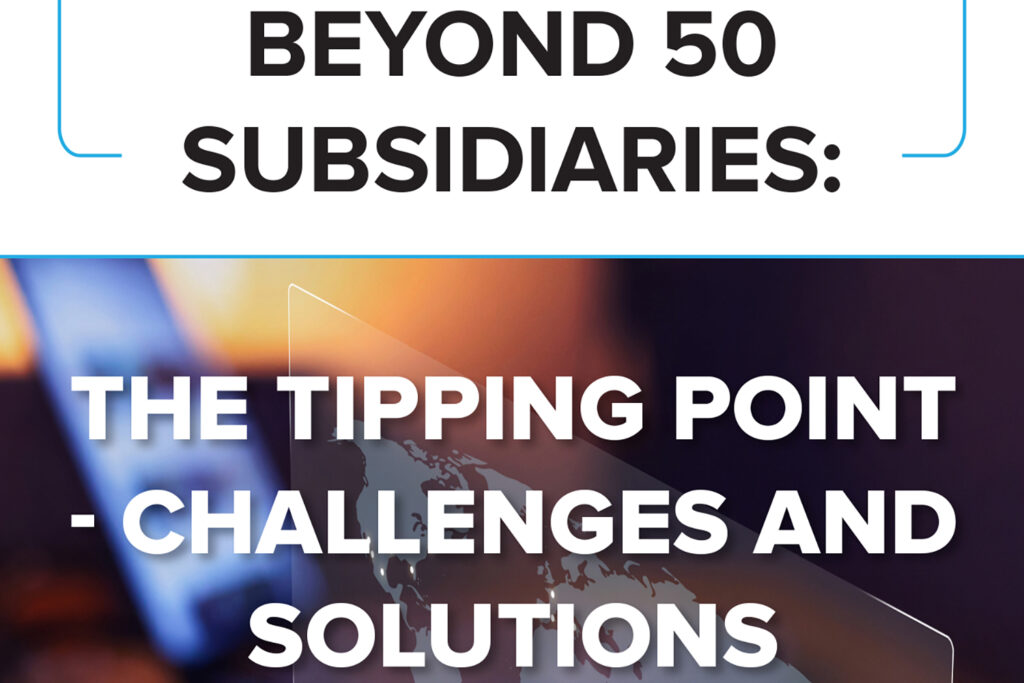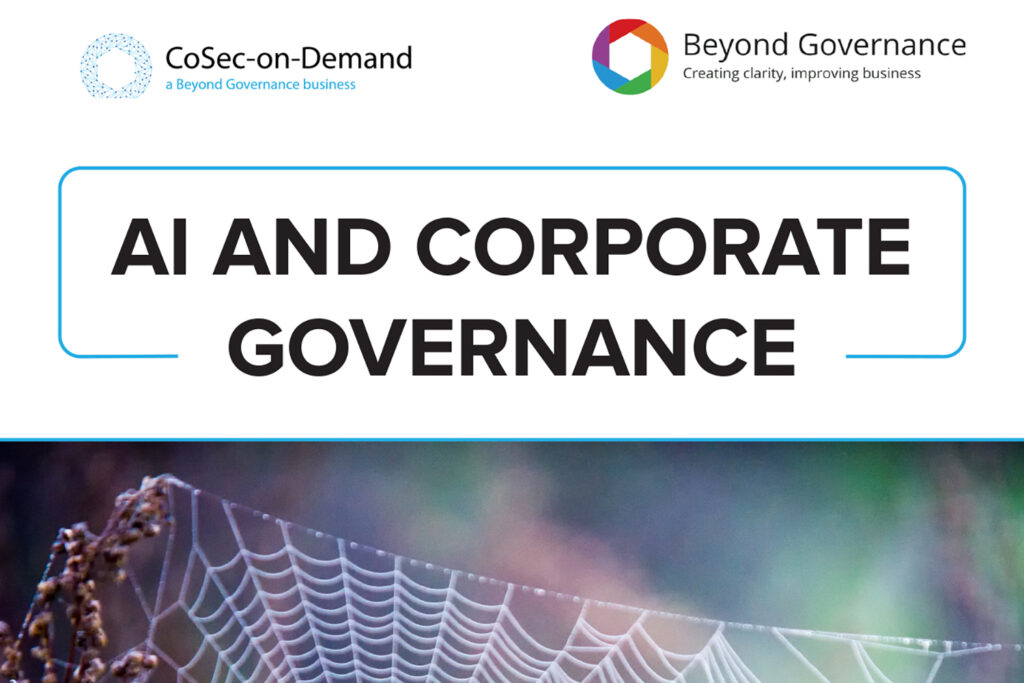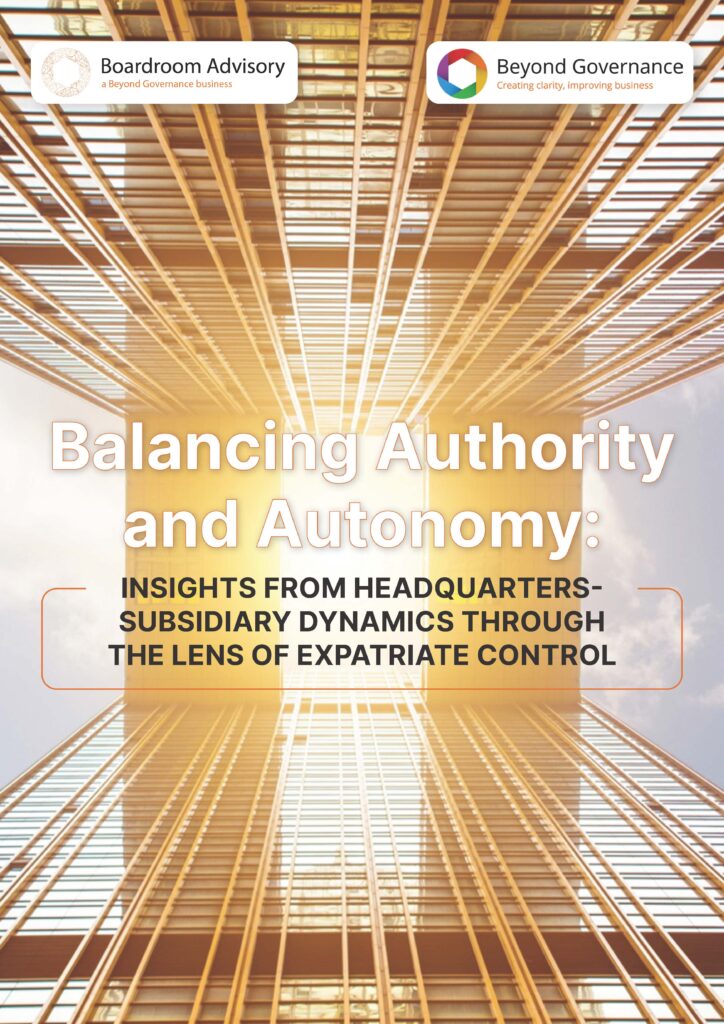Featured Insights

AI and Corporate Governance
Reading Time: 3 minutes Introduction Are we taking AI seriously enough in considering its impact on corporate governance? It would be easy to miss the additional question which has appeared at the end of

Board Effectiveness Reviews: Weed Out Board Complacency and Gain Fresh Perspective
Reading Time: 8 minutes Introduction What is a Board Effectiveness Review? A Board Effectiveness Review is an assessment process that seeks to evaluate the performance and effectiveness of a company’s board of directors. The

Governance and The Kingdom of Saudi Arabia
Reading Time: 5 minutes Introduction Transformation of The Kingdom of Saudi Arabia Saudi Arabia’s Vision 2030 is a strategic framework designed to reduce the country’s dependence on oil, diversify its economy, and develop public

Climbing the governance career ladder whilst avoiding burnout
Reading Time: 3 minutes Introduction In the dynamic landscape of modern business, one thing remains constant: the importance of continuous learning. As a Governance Professional or Company Secretary, the expectations and challenges you face

Directors – Invested in the business or themselves?
Reading Time: 6 minutes Introduction While it is true that directors are often concerned with factors such as their reputation, salary, and financial performance, it is an oversimplification to say that these are their

Manchester City: Winning, but at what cost?
Reading Time: 4 minutes Manchester City FC’s Crisis: Financial Irregularities, Governance Issues, and the Implications for Football Introduction Manchester City FC, a club revered worldwide, has been enmeshed in a web of controversies and

Pride: How Cosmetic Commitments Undermine Your Business Reputation
Reading Time: 3 minutes Introduction As the calendar turns to June, rainbow-coloured logos splash across social media and company websites in a deluge of corporate enthusiasm for Pride month. The same trend re-emerges during

When Directors should.. and need to cut out the middle man
Reading Time: 3 minutes Introduction Board directors play a critical role in overseeing the strategic direction and overall performance of a company. Traditionally, these directors have been seen as stewards of shareholder interests, high-level

How good governance led Luton Town to the Premier League
Reading Time: 3 minutes Introduction On Saturday 27th May 2023 Luton Town Football Club defeated Coventry City 6-5 on penalties to win the Sky Bet Championship play-off final to reach the promised land of

Getting company incorporation right
Reading Time: 3 minutes Incorporation is the process of a business registering as limited company. This means the company becomes its own legal entity with a separate identity to those who own or run

Stakeholder governance – what is it and what do you need to know?
Reading Time: 3 minutes Social Contract – an agreement, governing the behaviour of individuals and organisations. In our view the governance framework is the Board’s social contract with its stakeholders and is an articulation

Why the cold and cutthroat director is the dinosaur in the room
Reading Time: 5 minutes Boardroom decisions can have broad ramifications, affecting shareholders, stakeholders, local communities, and wider society. To ensure effective decision-making, directors need to be mindful of their physical and mental health, and








